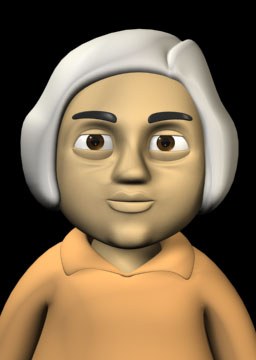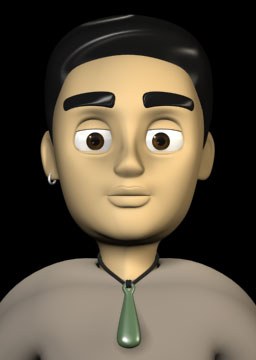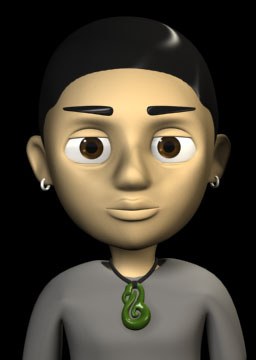Exercise Eight
Goodbye
“Haere rā” is used when you are saying goodbye to someone who is leaving and “E noho rā” is used to say goodbye to someone if you are leaving and the other person is staying.
For further explanations and example: Te Kākano p. 12
Poroakitia ngā tāngata o Te Whanake mā te whakamahi i te Haere rā me te E noho rā. Whakamahia ngā tūkapi takirua me e tika ana, hei tauira, "Haere rā, kōrua."
Farewell the characters from Te Whanake by using Haere rā and E noho rā. Use dual personal pronouns, e.g “Haere rā, kōrua,” if required.
Don’t forget to use commas, question marks, and fullstops and macrons where appropriate (ā,ē,ī,ō, and ū).

1. Te Hererīpene walks away
Tauira:
Goodbye, Te Hererīpene.
Te Hererīpene: E noho rā, e hoa.
Goodbye, friend.
Ka pai, e hoa

2. Wiremu walks away
Tauira:
Goodbye, Wiremu.
Wiremu: E noho rā, e hoa.
Goodbye, friend.
Ka pai, e hoa

3. Mīria walks away
Tauira:
Goodbye, Mīria.
Mīria: E noho rā, e hoa.
Goodbye, friend.
Ka pai, e hoa

3. Mīria walks away
Tauira:
Goodbye, Mīria.
Mīria: E noho rā, e hoa.
Goodbye, friend.
Ka pai, e hoa

5. Neihana walks away
Tauira:
Goodbye, Neihana.
Neihana: E noho rā, e hoa.
Goodbye, friend.
Ka pai, e hoa

6. Tarati walks away
Tauira:
Goodbye, Tarati.
Tarati: E noho rā, e hoa
Goodbye, friend.
Ka pai, e hoa


1. Te Hererīpene and Eruera walk away together
Tauira:
Goodbye, you two.
Te Hererīpene and Eruera: E noho rā, e hoa.
Goodbye, friend.
Ka pai, e hoa


2. Mīria and Neihana walk away together
Tauira:
Goodbye, you two.
Mīria and Neihana: E noho rā, e hoa.
Goodbye, friend.
Ka pai, e hoa


3. Wiremu and Tarati walk away together
Tauira:
Goodbye, you two.
Wiremu and Tarati: E noho rā, e hoa.
Goodbye, friend.
Ka pai, e hoa


4. Neihana and Eruera walk away
Tauira:
Goodbye, you two.
Neihana and Eruera: E noho rā, e hoa.
Goodbye, friend.
Ka pai, e hoa


6. Te Hererīpene and Tarati walk away together
Tauira:
Goodbye, you two.
Te Hererīpene and Tarati: E noho rā, e hoa.
Goodbye, friend.
Ka pai, e hoa
